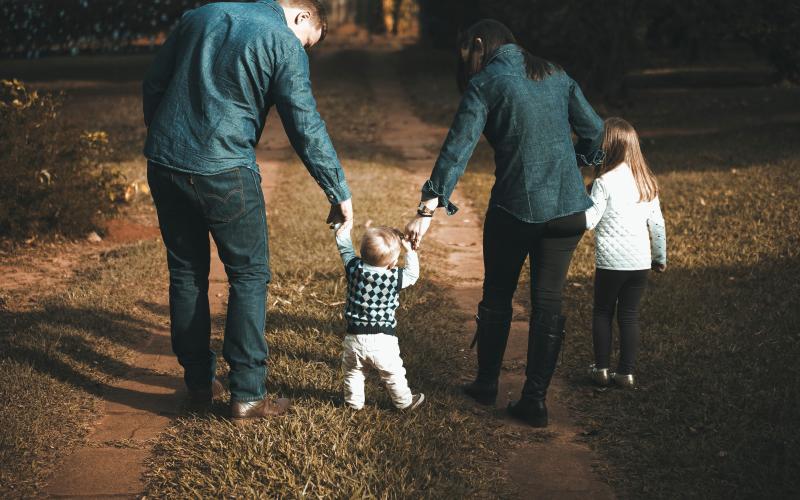Educare for Parents

PARENTING
The influence of parents on children’s minds is very significant. It is actually the primary and predominant influence on their personality and behaviour patterns. The early years of life are the most important for character development. Therefore, the role of parents is vital. Parents have the responsibility to be the prime role models for their children. This means that they must practice what they want them to follow. If parents and teachers set the right example, students will automatically blossom into beacons of excellence.
To support the growth and development of children, and trigger the emergence of Human Values from within their tender souls, it is necessary to build an atmosphere of cooperation between parents and teachers. This cooperation should not only be based on the teacher’s knowhow and professional authority, but on the genuine care that links the parent to the teacher, and vice-versa, who both wish the best for the child. Setting a common pace at home and in class will be beneficial for all and enable the children to march forward both at school and in their private life. To embrace the SSEHV programme means understanding the implications of self-development that it has for oneself, as a parent too. The wilfulness to uphold the values oneself is essential. Parents who are exemplars for their children will succeed in sharing the sense and meaning of Human Values through their own style of life.
If it is important to provide the children with a comfortable and sheltered environment at school, how more important will it be to enable them to nestle in the warmth of a home, where they feel safe, accepted and loved? Parenting brings numerous joys, but also many responsibilities. Sadly, only a few young couples are aware of the great duty that awaits them and enter into marriage without the necessary knowledge and skills for one of the most challenging and difficult tasks in life: the role of a parent. Though their efforts in bringing up their children may at times be unsuccessful, due also to the limited or outdated parenting models of which they are heir, parents remain educators twenty-four hours a day. Children watch and copy whatever the parents say or do. They tend a deaf ear to advice, however mirror the models they are given. The way parents communicate with them is crucial, as are the modalities with which they relate to relatives, friends and neighbours. To be consistent with what one thinks, says and does is basic.
If children find respect, understanding and love in their surroundings, no special effort is necessary. If the family plans its activities in accord, and strives to cultivate moments of joy and happiness, and to make the most of the time spent together, a good wholesome basis is established. Parents should support the innate propensities of their children and motivate them to set goals. They should help them foster self-worth by praising and encouraging their hidden qualities as well as the talents they have learned to express. Character traits such as determination, good behaviour and scholastic achievements will become stronger when parents show their appreciation.
Order, discipline and coherence are primary traits in good education. Love and discipline do not contradict each other. If we love children, we need to warn them against the effect of bad tendencies and habits, while at the same time be of inspiration to them, so they may think along the lines of truth, thus providing them with a landmark: conscientious living. Contrarily, when we give children free play, we not only spoil them, but restrain their growth and maturity. Limits should be firmly set, and the corrective consequences of breaking the rules explained clearly. Children should be given duties and responsibilities that match their age and abilities, as well as the freedom to make independent decisions suitable to them, but only once they have been informed that every action bears a reaction.
